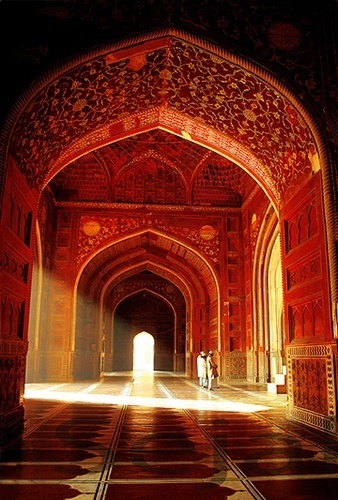I have read several different opinions about the phrase al-walā' wa-l-barā'. What does it mean in general? And what would it mean to a Muslim living as a minority, for example in Europe?

Al-walā' (Loyalty) means that a Muslim abides by the teachings of Islam and preserves his Muslim identity while maintaining the principle of peaceful coexistence with others. Al-barā' means that a Muslim protects his creed from doubts which may lead him to accuse others of disbelief or attack others without right. The principle in the relationship between Muslims and non-Muslims is coexistence. Muslims living in non-Muslim countries have to engage in their communities while observing their Muslim identity. It is legally impermissible for Muslims to share non-Muslims in anything that violates the fundamentals of Islamic law. There is no doubt that maintaining ties with non-Muslims by exchanging visits, offering condolences and good wishes, exchanging gifts and the like are from among kind treatment.
This is considered one of the ways towards calling to the religion of Allah through noble manners. Allah the Almighty commands us to speak kind words to everyone alike. He says, Speak fair to people. (Al-Baqarah 2:83). Allah also commands us to always be kind to others. He says, Allah commands justice and the doing of good. [An-Nahl, 90) Allah does not forbid us from maintaining good ties with non-Muslims, exchanging gifts or from other acts of kind treatment. Allah the Almighty says, Allah forbids you not, with regard to those who fight you not for (your) faith nor derive you out of your homes from dealing kindly and justly with them: for Allah loves those who are just. [Al-Mumtahana, .
All of such good actions must be carried out while observing one's Muslim identity Based on this, the scholars of the Hanafi school based their opinion on the permissibility of Muslims engaging in corrupt contracts in non-Muslim countries, basing their opinion on more than 9 proofs derived from the Sunnah, the Prophet's biography in addition to the opinions of the Companions and their followers. These proofs include: - The Prophet (peace and blessings be upon him) approved of his uncle 'Al-Abbas' dealing in usury [riba] with the polytheists of Mecca before the emigration. - The Prophet (peace and blessings be upon him) wrestled Rukana before he embraced Islam in Mecca and before his [the Prophet's] emigration; the game included risk taking and betting.
The Prophet engaged in and approved of such actions because Mecca back then was a non-Muslim country where the rites of Islam were not practiced openly. Moreover, these actions were based on mutual agreement without any form of deception and because they brought benefit to Muslims and allowed them to assimilate in the community without alienating themselves. This in turn enables Muslims to call the other to the true religion without clashing or contrived dispute. The more Muslims are familiar with the system of their country of residence, the greater is the stability of Muslims and their ability to engage, interact and participate in developing the community. This is deemed from among the greatest reasons leading to presenting the true image of Islam. It also proves that a Muslim is able to interact with all societies and assimilate in all cultures.
If Muslims living in non-Muslim countries follow any of the laws that contradict the rulings of Islamic law, this is considered undertaking the lesser of two harms to avoid the greater of them; it is also considered from among the fiqh of interests and objectives. Prophet Joseph [Yusuf] held office under the Aziz [king] of Egypt although the country was not governed by the laws of Allah. When al- Najashi reverted to Islam, he continued to rule his country although the people were disbelievers.
 Arabic
Arabic French
French Deutsch
Deutsch Urdu
Urdu Pashto
Pashto Swahili
Swahili Hausa
Hausa
